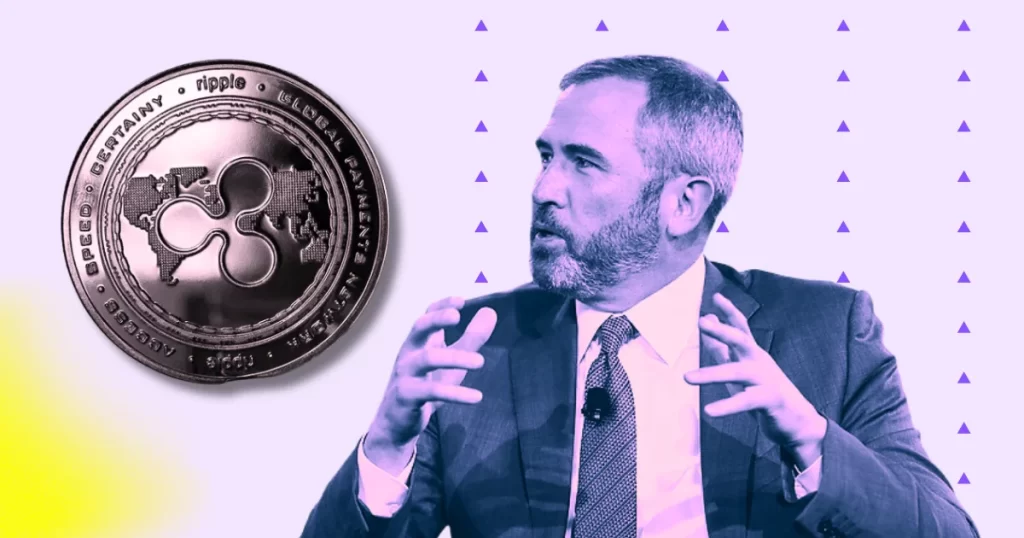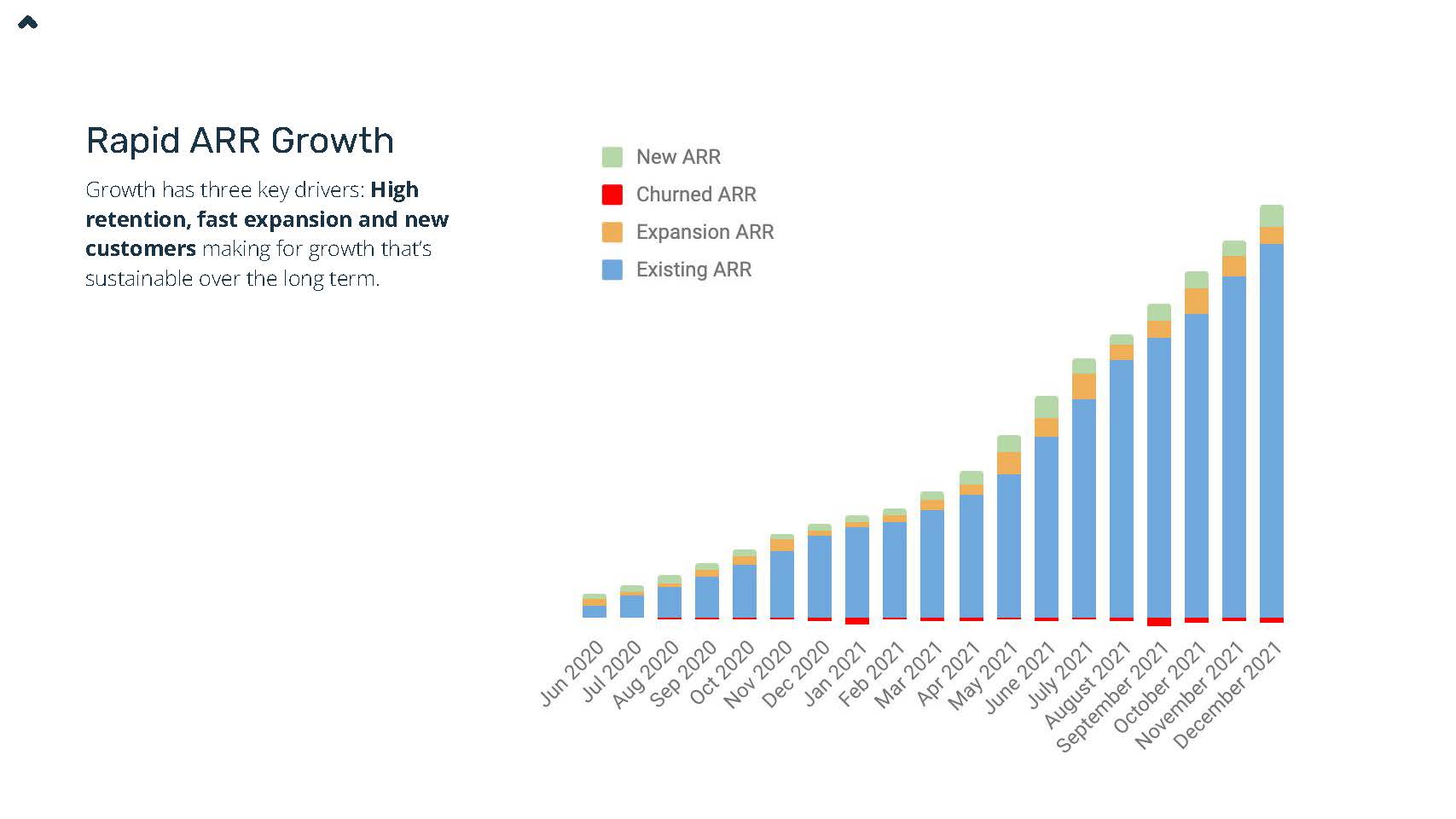
The post Ripple Vs SEC Appeal News: Legal Expert Says Ripple Should Cross-appeal; But Can They Win? appeared first on Coinpedia Fintech News
In the latest developments surrounding the Ripple case, the SEC has announced it will challenge its partial loss in court against the XRP issuer. The regulator filed a notice of appeal, more than a year after a federal judge ruled that the sale of Ripple’s XRP on public exchanges does not qualify as a security.
Attorneys Kristi Warner and James Murphy (@Metalawman) sat down to discuss the SEC’s appeal and its implications. During the conversation, they explored the possibility of filing a cross appeal, which sparked James’s thoughts on the matter.
James Murphy’s Take on Cross Appeals
James expressed strong support for the idea of a cross appeal in this case. Despite being in the minority, he believes that the contracts under which XRP was sold to institutions do not constitute investment contracts.
The Nature of XRP Sales
James explained that the entities purchasing XRP were buying at wholesale prices—lower than retail market rates—with the goal of reselling at a markup. He argued that these transactions are not investments in Ripple or its business. Instead, they resemble typical wholesale practices where profits come from reselling commodities, not from investing in a company’s success.
Distinction Between Investment and Commodity Transactions
James pointed out that if institutions wanted to invest in Ripple directly, they could buy shares in the private company. This would qualify as a securities transaction. In contrast, purchasing XRP at a discount for resale to retail buyers does not equate to investing in Ripple.
Advocating for a Cross Appeal
James shared his desire to see Ripple file a cross appeal, arguing that even though written contracts exist, the sales to institutions were not investment contracts. He maintained that Ripple was simply selling a commodity to wholesalers, who then profited by marking up the price for retail sales.

 1 month ago
25
1 month ago
25














 English (US) ·
English (US) ·